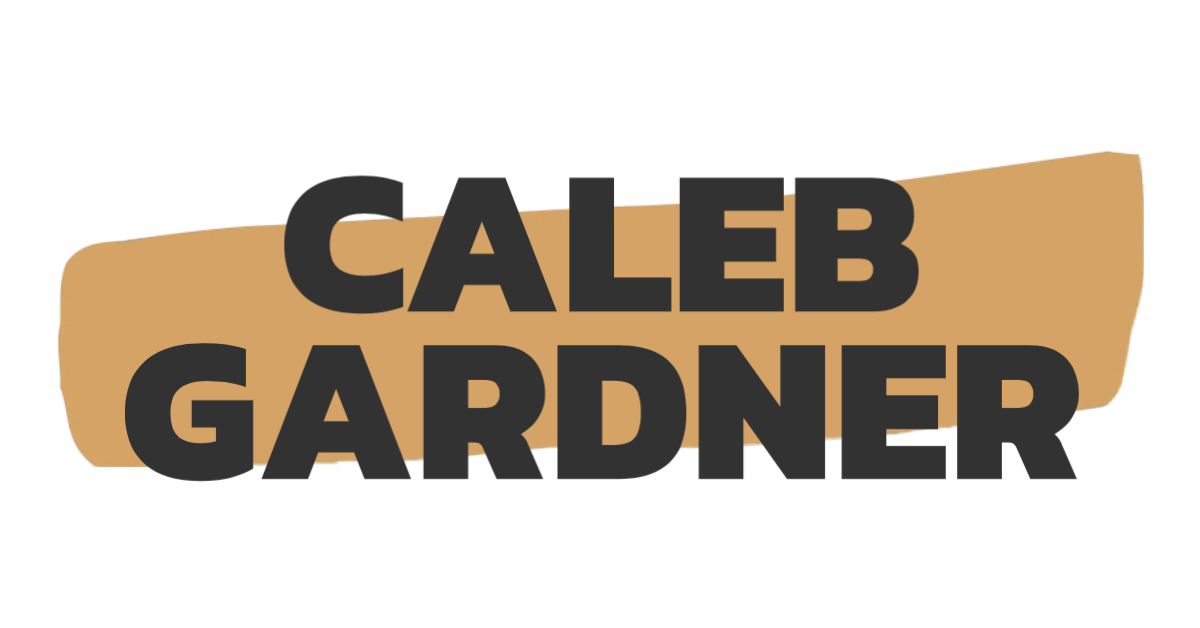Digital war and moral imagination
The war in Ukraine is providing us with a myriad of case studies about the application of digital tools in ways they weren’t necessarily designed for: from Google Maps providing real-time information about Russian troop movement, to passionate pleas on Twitter by the Ukrainian president, to Facebook blocking Russian state media. It’s been surreal watching a 20th-century style war play out on 21st-century media.
A few weeks ago I wrote about LinkedIn’s new “no politics” filter and why I thought that was a good example of not applying such imagination, and it’s been WORD seeing this crisis play out in real time on the platform, with Ukrainian users posting about the safety of their friends and colleagues, and brands rushing to express support for the Ukrainian people. How much of that activity is being flagged as “political” right now?
For the most part, I think these companies are navigating this crisis decently (though please tag me in any examples you have otherwise). But it’s another example of having to apply moral imagination to the use of internet tools beyond how they were designed.
